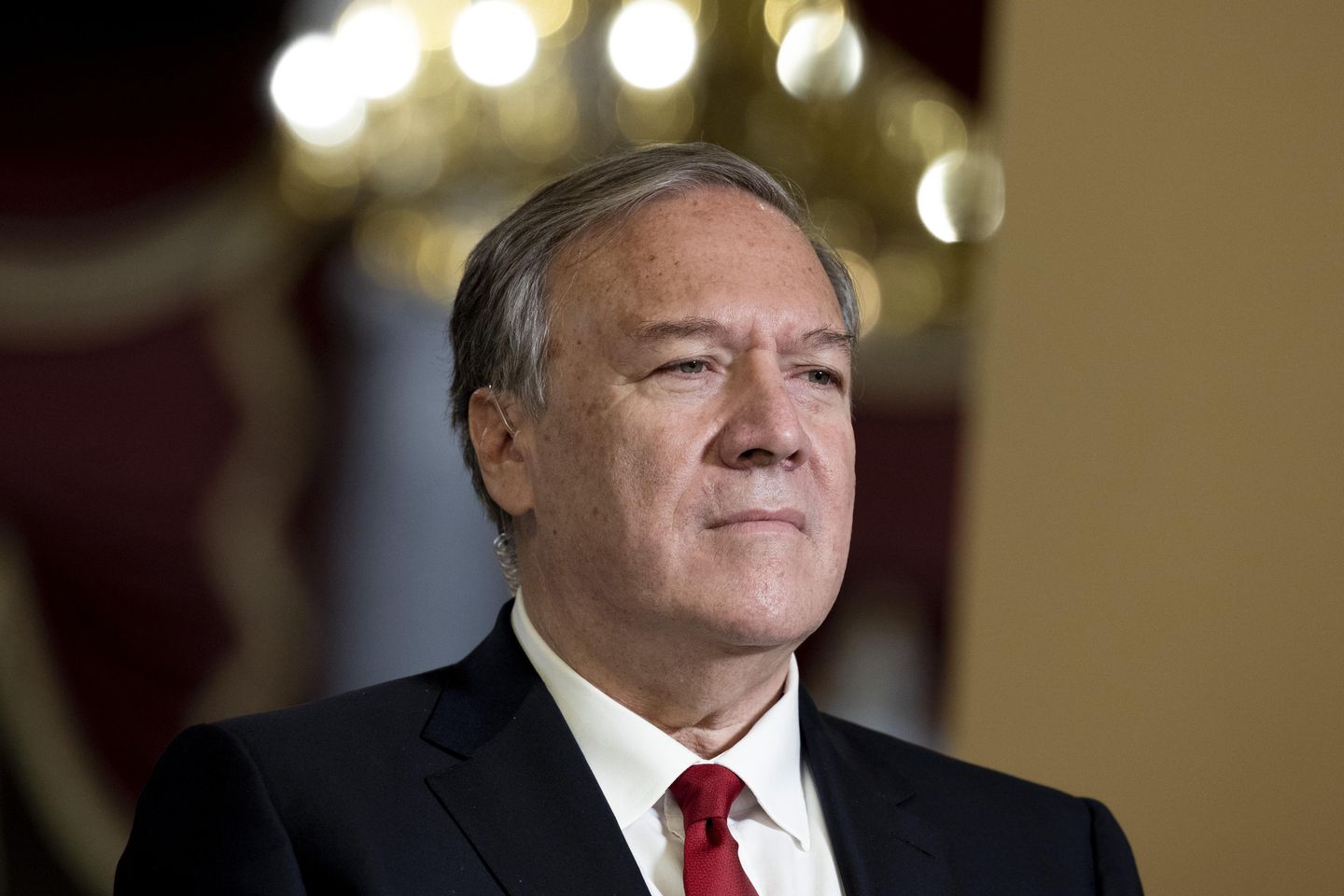Taiwanese President Lai Ching-te and former U.S. Secretary of State Mike Pompeo recently expressed their concerns about the deteriorating state of religious freedoms in Asia. The two prominent figures highlighted the need for renewed international attention to this pressing issue, pointing to Communist China as a major obstacle to progress.
Speaking at a conference in Tokyo, President Lai and Pompeo emphasized the importance of protecting religious freedoms as a fundamental human right. They noted that in many parts of Asia, individuals are facing increased restrictions on their ability to practice their faith freely. This trend is particularly troubling given the region’s diverse religious landscape and long history of religious tolerance.
President Lai underscored Taiwan’s commitment to upholding religious freedoms and promoting diversity. He highlighted the island nation’s vibrant democracy, where people of all faiths are able to worship freely without fear of persecution. Lai emphasized the importance of fostering a culture of tolerance and respect for different beliefs, noting that religious diversity enriches society and contributes to social harmony.
Pompeo echoed Lai’s sentiments, warning that the erosion of religious freedoms in Asia poses a significant threat to regional stability and security. He criticized Communist China for its blatant disregard for human rights, including the rights of religious minorities. Pompeo accused the Chinese government of engaging in systematic repression of religious groups, including Uighur Muslims, Tibetan Buddhists, and Falun Gong practitioners.
The former U.S. Secretary of State called on the international community to hold China accountable for its human rights abuses and to take concrete actions to address the situation. He urged governments around the world to speak out against religious persecution and to support efforts to promote religious freedom in Asia and beyond.
President Lai and Pompeo’s remarks come at a time of growing concern over the state of religious freedoms in Asia. In recent years, several countries in the region have seen an increase in religious discrimination, violence, and persecution. From the targeting of religious minorities in India to the crackdown on Christians in North Korea, the challenges facing religious communities in Asia are diverse and complex.
The rise of authoritarian regimes and extremist ideologies has further exacerbated the situation, leading to a shrinking space for religious expression and worship. In countries like Myanmar, Sri Lanka, and Indonesia, religious tensions have fueled conflicts and violence, posing serious challenges to peace and stability in the region.
Against this backdrop, President Lai and Pompeo’s call for renewed international focus on religious freedoms in Asia is timely and important. The two leaders emphasized the need for governments, civil society organizations, and religious leaders to work together to protect and promote religious freedoms for all individuals, regardless of their faith or beliefs.
They also highlighted the role of education, dialogue, and interfaith cooperation in promoting mutual understanding and respect among different religious communities. By fostering a culture of tolerance and inclusivity, societies can create a more peaceful and harmonious environment where religious freedoms are respected and protected.
As the world continues to grapple with the challenges posed by religious intolerance and persecution, the voices of leaders like President Lai and Pompeo are crucial in raising awareness and mobilizing action. By standing up for religious freedoms and advocating for the rights of all individuals to practice their faith without fear, we can build a more just and equitable society for future generations.









